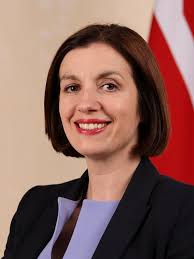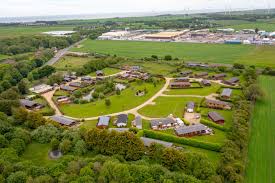Bridget Phillipson: A Key Figure in UK Education Policy

Introduction
Bridget Phillipson, the Shadow Secretary of State for Education, has emerged as an influential figure in British politics. Her role is particularly significant as the UK grapples with pressing educational challenges post-pandemic. Understanding her policies and ambitions provides insight into the future direction of education in the country, making her a key player on the political stage.
Early Career and Political Rise
Born on 24th April 1982 in Washington, Tyne and Wear, Bridget Phillipson attended St. Robert of Newminster School in Washington and later studied at the University of York. Her political journey began in earnest when she was elected as the Member of Parliament (MP) for Houghton and Sunderland South in 2010. Since then, she has held various positions within the Labour party and is known for her commitment to education and children’s services.
Current Role and Responsibilities
As the Shadow Secretary of State for Education since 2021, Phillipson has been vocal in advocating for reforms and funding increases for schools across the UK. Her policies have focused on addressing the disparities in educational resources and ensuring that every child has access to quality education. Recently, she has critiqued the government’s handling of school funding and has urged the importance of mental health support for students.
Recent Developments
In the wake of the government’s autumn budget announcement, Phillipson highlighted the inadequacy of funding for schools to cope with rising costs and inflation. Her call for a comprehensive review of educational funding reflects a growing concern among educators and parents. Additionally, Phillipson is spearheading initiatives to improve teacher recruitment and retention, recognising that the quality of education is intrinsically linked to the wellbeing of teachers.
Conclusion and Future Outlook
Bridget Phillipson’s influence in UK politics, particularly in education, is likely to grow in the upcoming months as the Labour party prepares for the next general election. With her commitment to reform and advocacy for children’s rights, she is poised to be a pivotal figure in shaping educational policies. As challenges persist, her leadership will be crucial in addressing the inequalities within the educational system. For voters and educators alike, following Phillipson’s journey will provide essential insights into the evolving landscape of UK education and its future.









